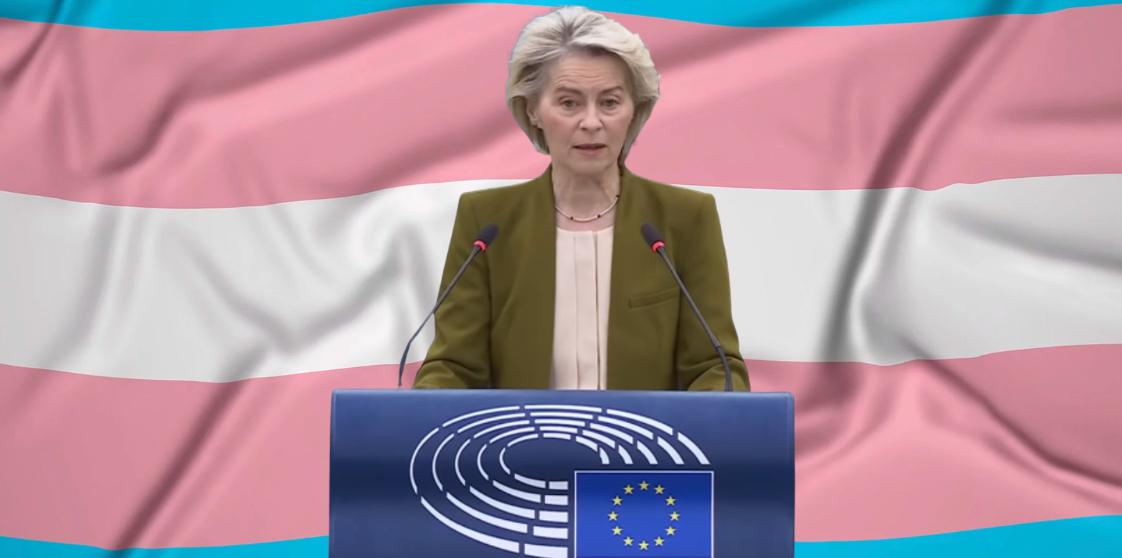The White House announced Chicago, Dallas, Los Angeles, Phoenix, and California were selected to partner with the ALL INside initiative and the U.S. Interagency Council on Homelessness.
The plan focuses on the failed “Housing First” model which has been championed for years in Seattle while the number of homeless has increased.
Additionally, the Biden-Harris proposal doubles down on failed initiatives such as “Low Barrier” shelters, where residents can still be on drugs without treatment and no checks are done for open warrants. Seattle has been forced to close many of these facilities following crime spikes in surrounding neighborhoods.
The plan mentions various forms of racial equity and justice nearly twice as much as it does drug or mental health treatment and says little on enforcing the law or cracking down on crime, which is often associated with homeless encampments.
The announcement comes as Seattle and King County have been pummeled by negative PR and ongoing failures in combating homelessness. According to the King County Regional Homeless Authority's 2022 count, there are still 53,000 homeless people in the region.
On Monday, the embattled CEO of KCRHA Marc Dones announced he was resigning from the position in June. Many have accused Dones of incompetence and mismanagement.
Dones’ announcement comes after a tenure marred by controversies, many of which became public in the last week.
Under Dones' watch, the KCRHA has spent millions of dollars to address homelessness, with much of it going to exorbitant 6 figure salaries.
In February, nearly 40 homeless men and women were kicked out of a hotel for alleged violations. KCRHA is still being scrutinized for its relationship with The Lived Experience Coalition which was the provider for the facility. Dones has tried to distance himself from the Lived Experience Coalition after the group’s failures.
That same month, lawmakers slammed Dones and his "wrong" interpretation of Governor Jay Inslee’s Right of Way Initiative. Dones' insistence on "permanent housing" delayed sweeps of King County encampment. Inslee himself had to weigh in to confirm that proviso language does not require offers of "permanent housing " to homeless on state right of ways, a direct rebuke to Dones’ interpretation.
In March, parents at John Stanford International School and neighbors protested after the Washington Department of Transportation and KCRHA failed to remove the Ship Canal Bridge encampment, the scene of multiple shootings, fires, and deaths.
Most recently, a video of KCRHA’s Continuum of Care's co-chair Shanéé Colston went viral after she berated a fellow board member who is a female former Marine and is wheelchair-bound after being raped in the service, for objecting to adding a homeless convicted child predator to the board.
In response, the co-chair was asked to resign.
The week before, a video introducing Seattle’s new “social housing” program went viral after it was revealed that millions of dollars allocated to the program are being overseen by trans activists, socialists, and "chronically homeless."
According to KOMO News, between 2013 and 2018, Seattle spent $33.5 million on Human Services Department contracts. Once disgraced then-Mayor Ed Murray declared a homelessness state of emergency in 2015, the spending grew exponentially. By 2018, the citywide budget increased
to $85.2 million before being doubled to $166.48 million by 2021.
It was revealed in April that the city of Seattle has spent nearly $1 billion on homelessness in more than a decade, and yet the number of those on the streets has only increased.
In the fall, KCRHA received federal help from the US Department of Housing and Urban Development (HUD) in opening the Housing Command Center, a hub for homeless resources in the region.
According to HUD, there are now more homeless people in King County, than everywhere in the US except Los Angeles city and county and San Jose/Santa Clara city and county.





